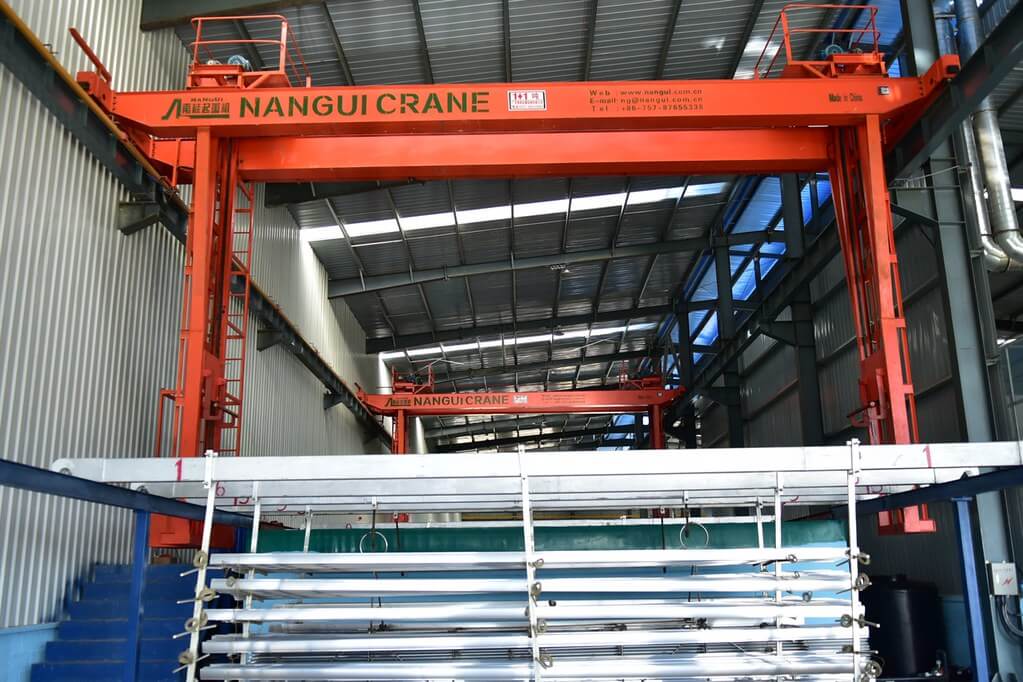Photo: Flickr.
The Brazilian government announced on Friday that it will launch an investigation to determine the existence of unfair competition in China’s exports of steel plates to Brazil.
The investigation, which will be carried out by the Ministry of Development, Industry and Foreign Trade, is based on a complaint filed in October 2023 by Brazilian steel company Companhia Siderúrgica Nacional (CSN).
China and Brazil have strengthened their ties in recent years, especially since President Luiz Inácio Lula da Silva took office in 2023. Since then, the two countries have grown closer, including an agreement to replace the Chinese yuan as the official currency for bilateral trade.
In a statement published in the official gazette, the ministry said it would carry out the investigation to assess whether the sale of these Chinese carbon steel plates could harm the national industry.
The only national producer, CSN, denounced that the Chinese steel plates are sold in Brazil at US$1,292.90 per ton, which is 44% lower than the usual market price.
The steel in question, which can be supplied in the form of coils, rolls or sheets, has had its tariffs reduced from 12% to 10.8% in 2022, according to the Ministry.
Similarly, less than a month ago, the United States government threatened to reinstate tariffs on Mexican steel and aluminum, citing an alleged triangulation of Chinese products through Mexico and arguing that Mexican steel and aluminum imports have increased since the elimination of tariffs in 2019. They accused Mexico of importing these metals from third countries such as Brazil, Russia and China.
The Mexican steel industry, represented by the National Chamber of the Iron and Steel Industry (Canacero), denied acting as a bridge for the triangulation of Chinese products and emphasized its cooperation with the authorities.
Experts point out that the U.S. accusation could be related to the electoral situation in both countries and the growing political pressure in the U.S. to contain Chinese influence.

